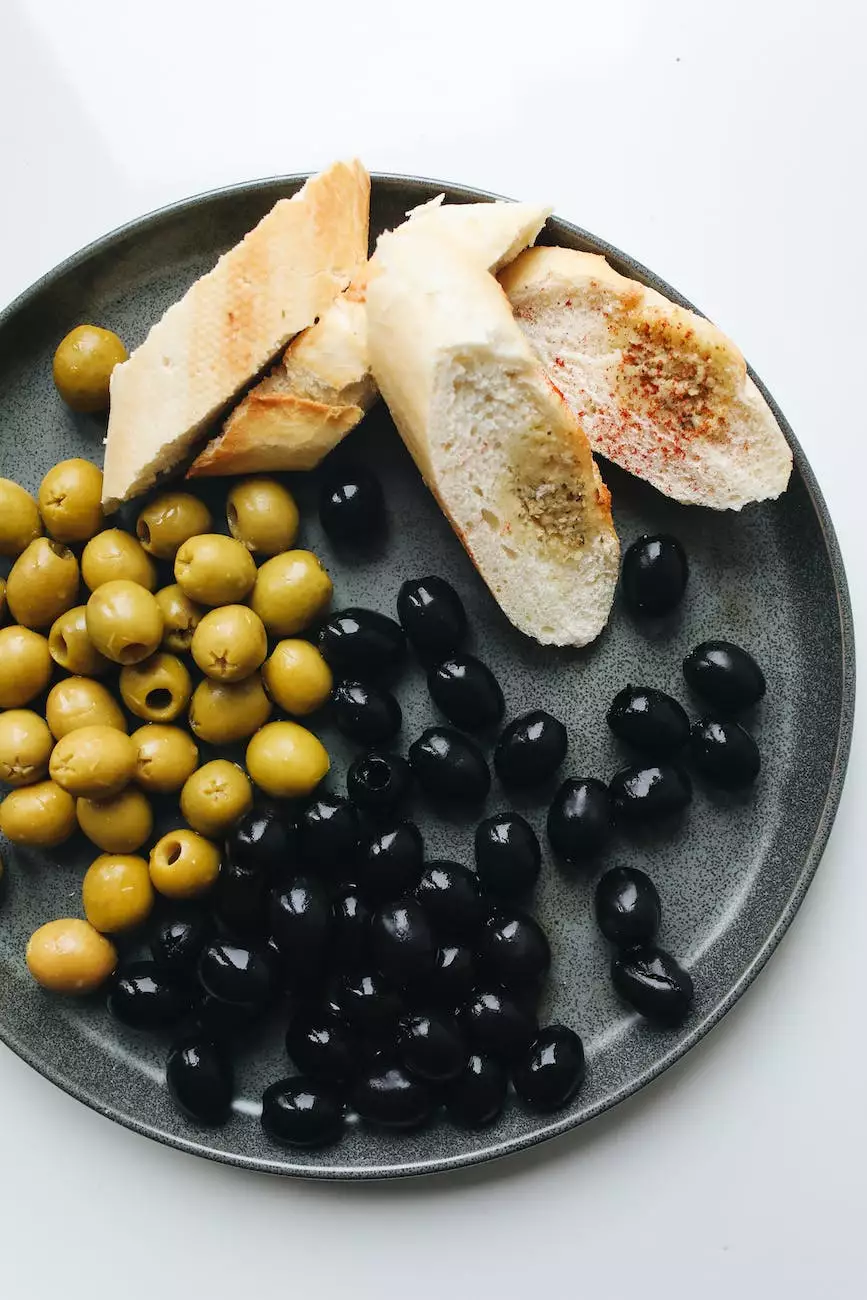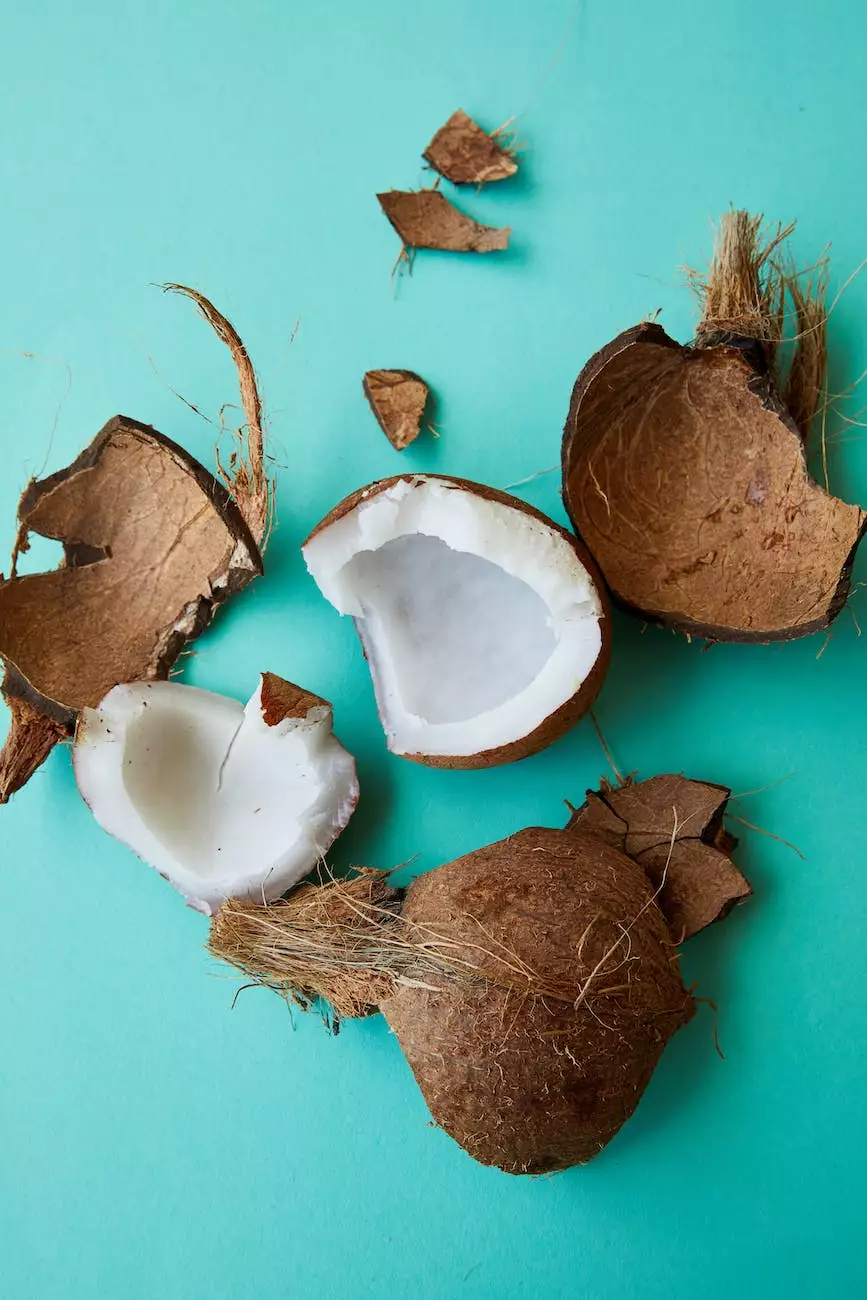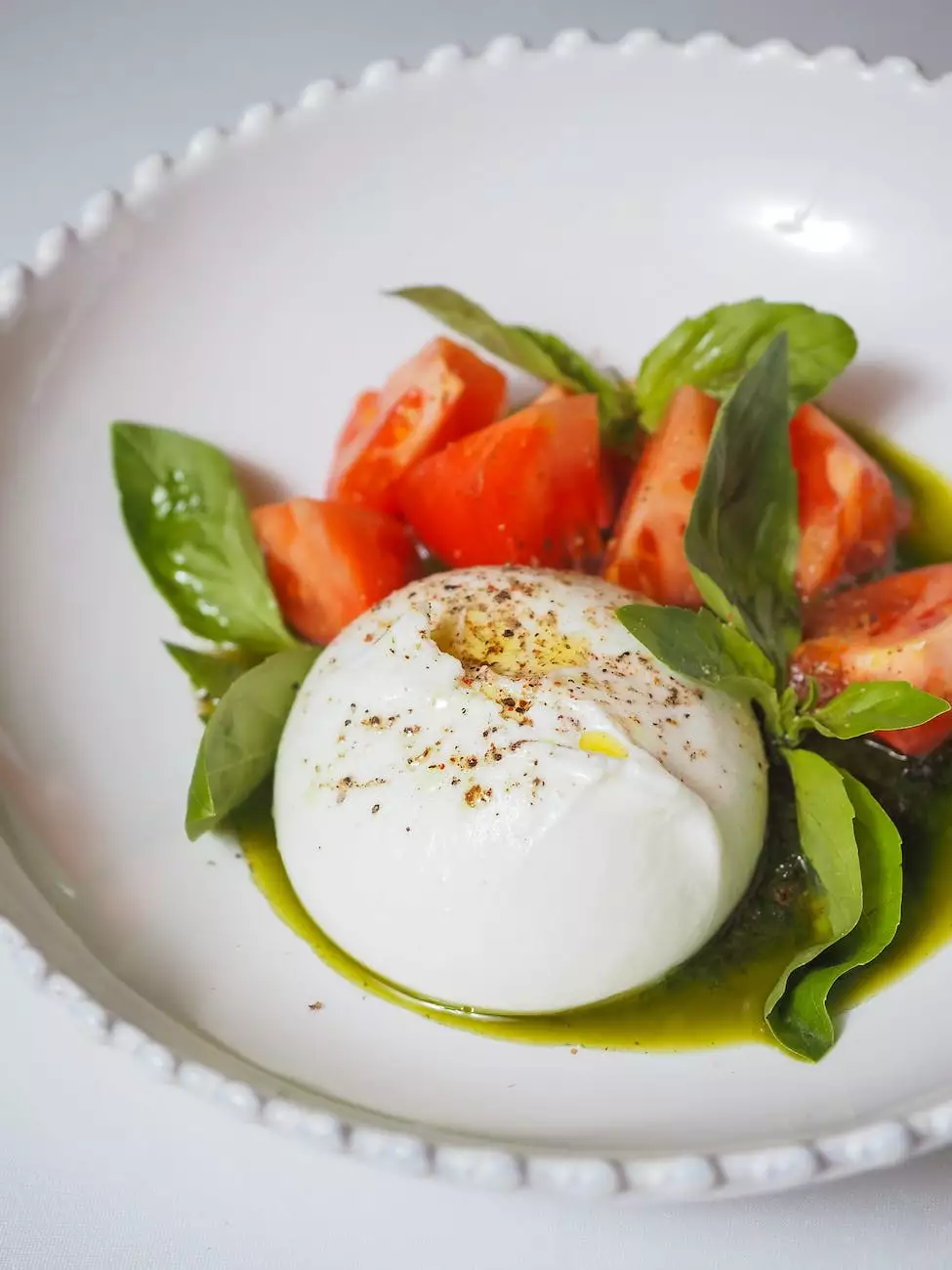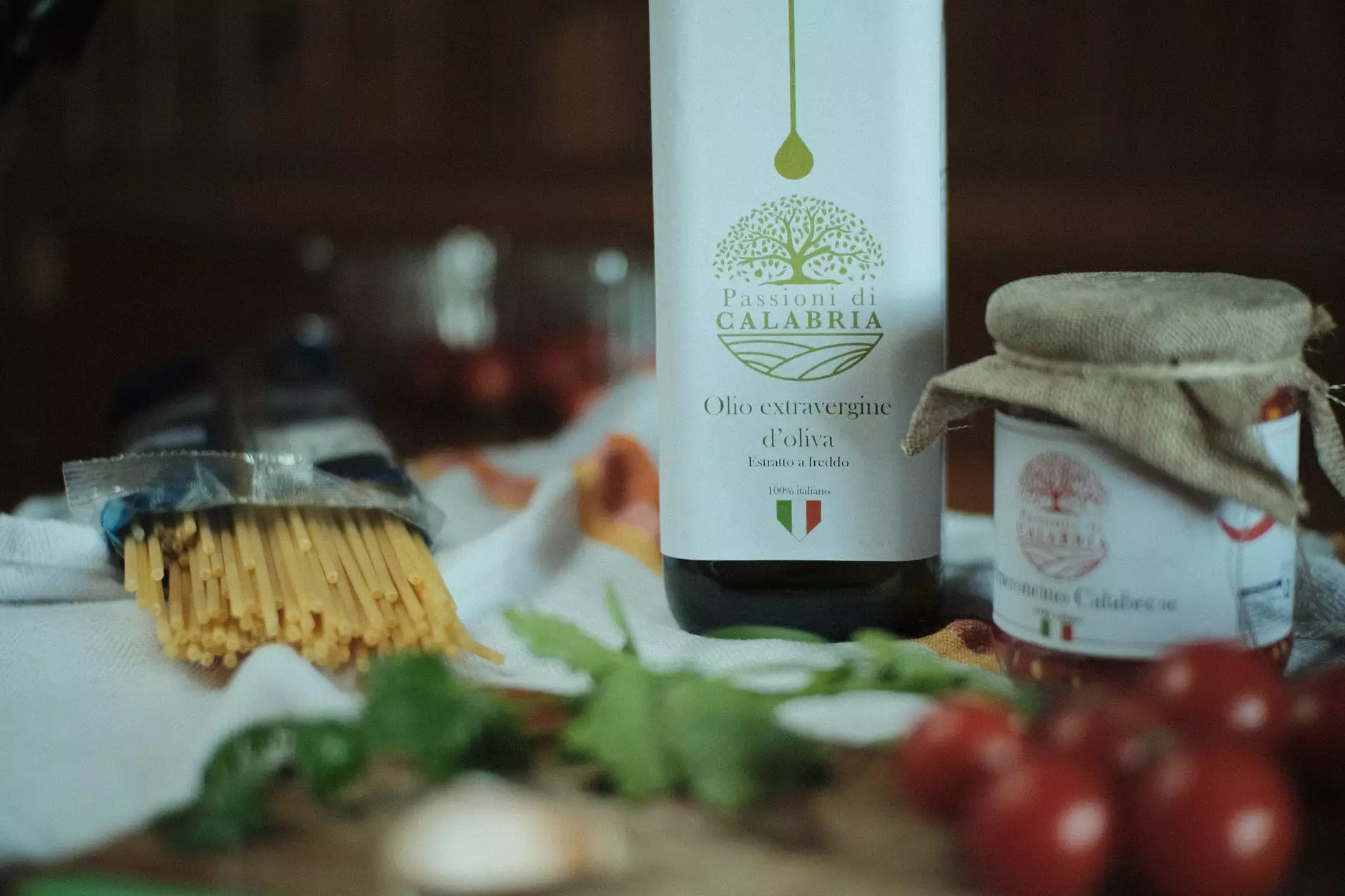The Components Of Olive Oils And What You Need To Know
Blog
Introduction to Olive Oil
Olive oil has been a staple in Mediterranean cuisine for centuries, renowned for its numerous health benefits and exquisite taste. As one of the healthiest and most versatile oils, it is important to understand the components that make up this liquid gold.
Components of Olive Oil
When it comes to understanding the components of olive oil, it's essential to consider its fatty acid profile. Olive oil primarily consists of monounsaturated fatty acids (MUFAs), which provide several health benefits. The most abundant MUFA in olive oil is oleic acid. In addition to MUFAs, olive oil also contains a small amount of saturated fats and polyunsaturated fats.
Oleic Acid and Its Benefits
Oleic acid, the main fatty acid found in olive oil, is a monounsaturated fat that is known for its positive impact on heart health. Research suggests that incorporating olive oil into your diet can help reduce the risk of cardiovascular diseases. Moreover, oleic acid possesses anti-inflammatory properties, making it beneficial for individuals with chronic inflammatory conditions.
Polyphenols and Antioxidants
In addition to its fatty acid composition, olive oil is renowned for its high concentration of polyphenols, which are powerful antioxidants. These antioxidants protect the body against free radicals, reducing oxidative stress and preventing cell damage. The polyphenols in olive oil also contribute to its unique taste and aroma.
The Role of Vitamin E
Olive oil is an excellent source of vitamin E, a fat-soluble antioxidant. Vitamin E plays a crucial role in maintaining healthy skin, protecting against oxidative damage, and supporting a strong immune system. Including olive oil in your diet helps ensure an adequate intake of this essential vitamin.
Understanding Extra Virgin Olive Oil
Extra virgin olive oil is the highest quality and most unrefined form of olive oil, obtained solely through mechanical means without the use of chemicals or excessive heat. This pristine oil preserves the natural flavors, aromas, and beneficial components, making it the ideal choice for those seeking the utmost quality and health benefits.
Choosing the Right Olive Oil
When selecting olive oil, look for labels that indicate cold-pressed, extra virgin olive oil. This ensures you are purchasing a high-quality product with the most favorable components and flavors. At Orazios Gourmet Oils, we pride ourselves on sourcing the finest olive oils from reputable producers, providing you with the best options for your culinary needs.
Conclusion
In summary, understanding the components of olive oils, such as fatty acids, polyphenols, and vitamins, is essential for making informed choices about your dietary preferences and health goals. With its abundance of monounsaturated fats, antioxidants, and beneficial properties, olive oil continues to be a kitchen staple, enhancing both the taste and nutritional value of your favorite dishes.










